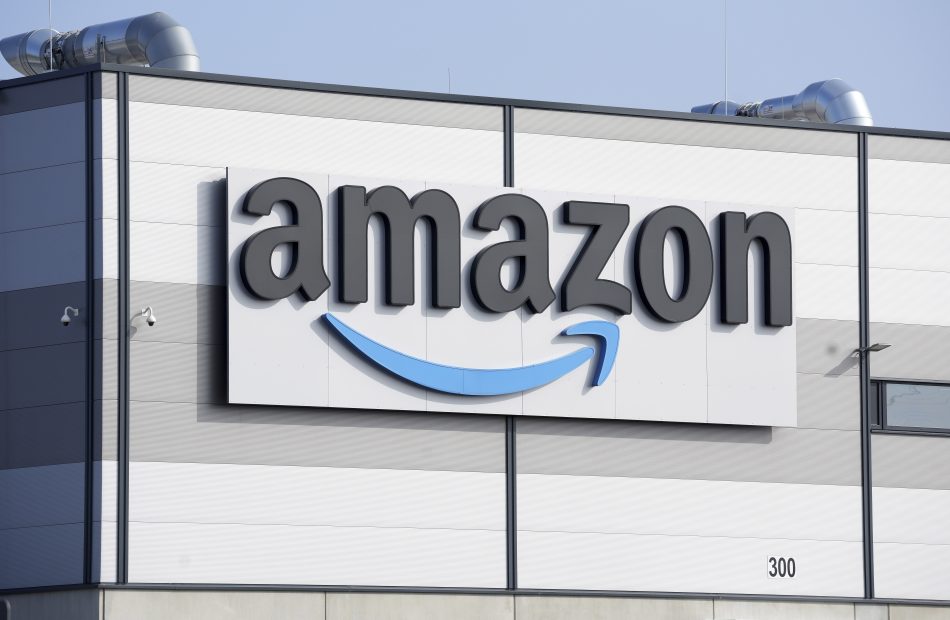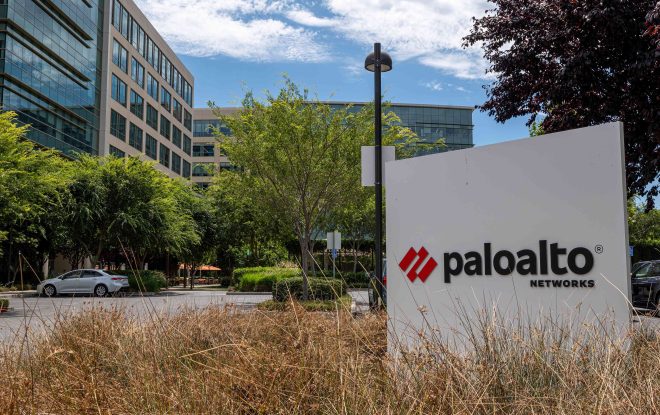Amazon, Google show profit growth can quiet fears over heavy AI spending
The quarterly results this week of Amazon (AMZN) and Google parent Alphabet (GOOG, GOOGL) provided an AI-era playbook for making investors patiently wait for results on massive infrastructure spending.
Alphabet dazzled Wall Street on Tuesday with earnings that beat analysts’ estimates on the top and bottom lines, helped by strong growth in its cloud business. The company posted profit and sales increases of 37% and 15%, respectively, compared to the year prior.
Even as investors in recent months have expressed some impatience with the tech industry’s enormous investments in AI technology, Google showed that a dominant performance of its core business can alleviate those concerns.
Amazon, too, offered a resounding earnings beat. The company posted earnings per share of $1.43 on revenue of $158.9 billion. Analysts had expected earnings per share of $1.16 on revenue of $157.29 billion. The stellar report helped offset lingering concerns about mounting capital expenditures.
Amazon CEO Andy Jassy said on an earnings call Thursday that “as the market matures over time, they’re going to be very healthy margins here in the generative AI space.”
Amazon said it expects to spend $75 billion in capital expenditures in 2024 and Jassy said the company plans to spend “more than that” in 2025.
The e-commerce giant’s approach to selling AI spending was also helped by claims that new revenue has already arrived. While Amazon has not disclosed exact figures for AI-related sales, Jassy has said the AI business inside of its cloud unit has generated several billion dollars. And on Thursday he added that the business is growing at a “triple-digit year-over-year percentage.”
But investors have not given all the big-spending tech companies the same leeway when it comes to ballooning capital expenditures.
Microsoft (MSFT) and Meta (META) were met with a more unforgiving investor response this week, even as both tech giants beat Wall Street’s expectations on earnings and revenue. Investors sent both stocks lower after their respective reports. Wall Street recoiled after executives of both companies said they expect capex to continue increasing in the quarters to come.
Meta notably said the company expects significant capital expenditure growth next year and revised its expectation upward for 2024 capex. The uneasiness among investors harkens back to Facebook’s prior spending spree, when Reality Labs lost more than $13 billion and shares in the company tanked 60% in 2022. Zuckerberg has since improved the company’s financials and its standing on Wall Street, but he’s also prompted a fresh round of jitters.





Leave a Reply